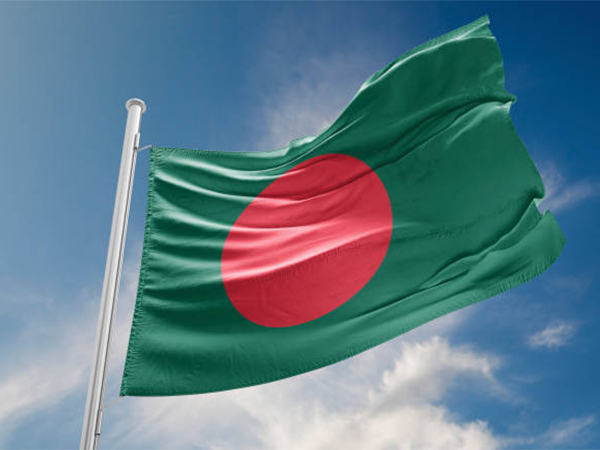BHBCUC Calls for Action Against Minority Marginalisation After India's Immigration Law Change
The Bangladesh Hindu Buddhist Christian Unity Council urges effective measures against minority marginalization following India's new Immigration and Foreigners Act, 2025. The council warns that the law might trigger increased migration, urging Bangladesh's government to consider its implications and ensure fair representation of minorities in the country.

- Country:
- Bangladesh
The Bangladesh Hindu Buddhist Christian Unity Council (BHBCUC) has issued a call for urgent measures to prevent the marginalisation of minorities, following the inception of India's new immigration law. On September 1, India implemented the 'Immigration and Foreigners Act, 2025', a legislation offering exemptions to specific minorities from Bangladesh, Pakistan, and Afghanistan seeking refuge in India.
The revised law extends the refugee qualification cut-off from December 31, 2014, to December 31, 2024. BHBCUC leaders, Professor Dr. Nim Chandra Bhowmik, Ushatan Talukdar, and Nirmal Rozario, alongside Acting General Secretary Monindra Kumar Nath, have expressed concern that this change may push more minorities and indigenous peoples in Bangladesh to exit the country. They urged the Bangladesh government to evaluate the potential long-term effects of India's policy.
The statement from the minority leaders demanded immediate action from the interim government to rebuild trust and address the crisis affecting religious and ethnic minorities and indigenous groups. They stressed the importance of ensuring representation and participation across all sectors of life, advocating for a 'zero-tolerance' policy against persecution and oppression. The leaders warned that continued neglect will hinder democracy and development, urging swift governmental intervention to protect minority rights and promote progress.










